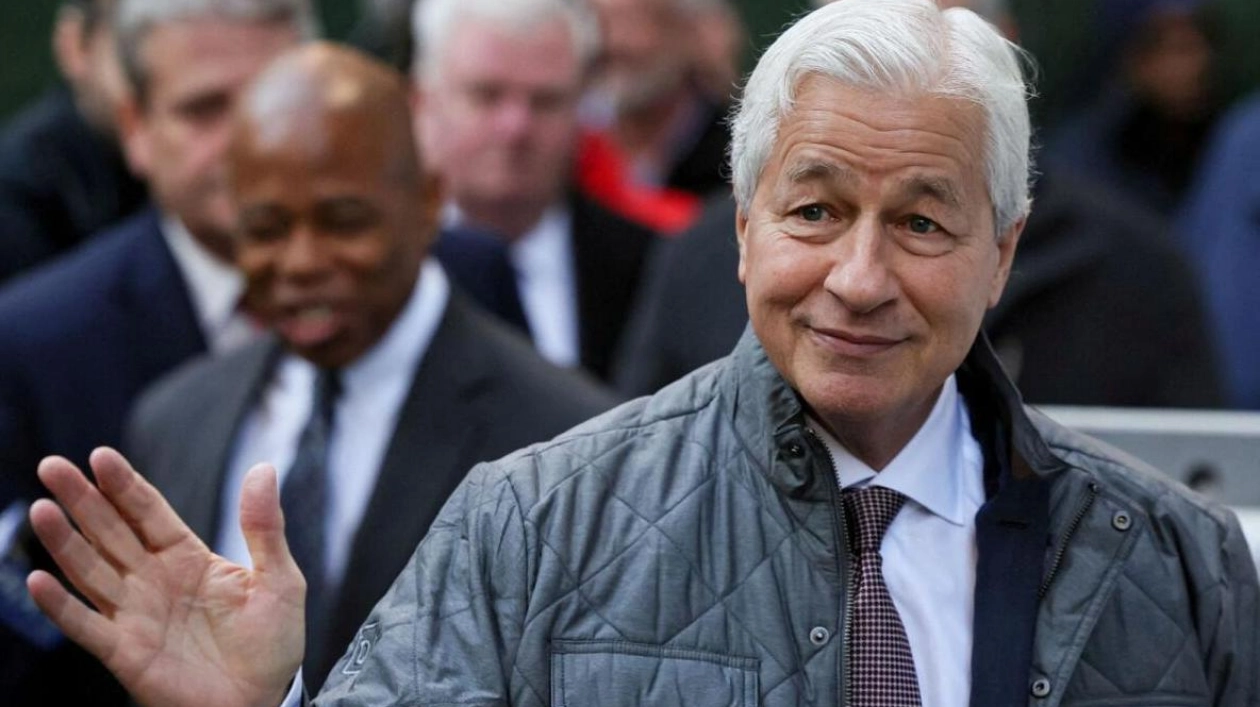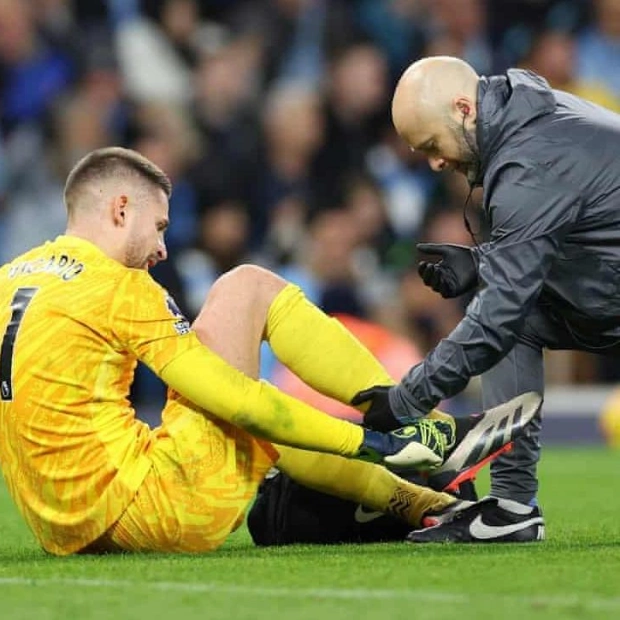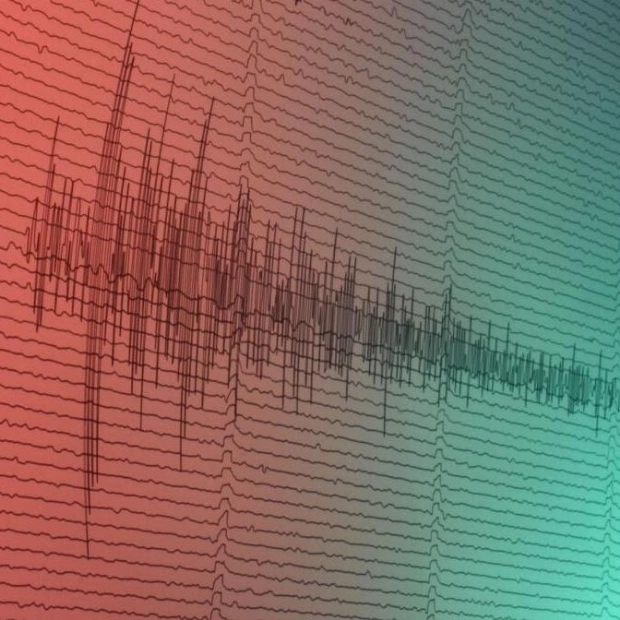Uncertainty surrounds the question of who will succeed Jamie Dimon as CEO of JPMorgan Chase and when, but analysts and investors agree on one thing: the bank’s stock is likely to take a hit when the influential leader eventually steps down. JPMorgan’s shares currently reflect a “Jamie premium” of 10 to 15 percent, which could disappear once the longest-serving CEO of a major Wall Street bank decides to leave, according to estimates from four investors and three analysts. This premium translates to nearly $90 billion in market capitalization based on Friday’s closing price. JPMorgan declined to comment.
“The premium will also depend on how the succession happens,” said Walter Todd, chief investment officer at Greenwood Capital Associates, which manages $1.7 billion in assets, including JPMorgan shares. “If it is unexpected, then it could be around 10 percent or more... If it is a more planned, gradual transition, then the premium could be lower.” Analysts and investors note that the “Jamie premium” has increased in recent years, bolstered by the bank’s consistent performance and lack of significant regulatory issues. It is also believed to be higher than the premiums commanded by his peers, according to three investors.
Earlier this year, Dimon announced that his timeline for stepping down is no longer five years and could be as soon as two-and-a-half years, intensifying focus on succession. This focus has grown further after Dimon’s health scares in 2014 and 2020. JPMorgan Chase’s board and CEO are heavily invested in succession planning, spending considerable time considering what happens after Dimon retires.
“We’ll do the right thing,” Dimon told investors at a conference this month. “It’s the last and most important thing I’ll ever deal with, and we all want to get that exactly right.” Dimon has led JPMorgan for 18 years and is one of the most influential figures in corporate America. The 68-year-old is credited with driving the bank’s record profits, market share gains, and consistent outperformance of rivals.
Under his leadership, JPMorgan became the largest bank in the US by assets in 2008 when it acquired Washington Mutual during the global financial crisis. Dimon is also the only CEO among the six largest US lenders to have led through that crisis. When last year’s regional banking turmoil threatened to destabilize the industry, Dimon acquired First Republic, making JPMorgan even larger.
Born to a Greek family in Queens, New York, Dimon earned his bachelor’s degree from Tufts University and an MBA from Harvard Business School. Under the mentorship of former Citigroup CEO Sandy Weill, Dimon built a reputation as a savvy operator and strict cost-cutter. Weill later ousted Dimon from Citi after a clash, and Dimon went on to become CEO of Bank One.
Dimon often warns JPMorgan executives against complacency and pushes them to excel, according to five executives. He has also emphasized the importance of succession planning. “Poor CEO succession has destroyed many a company,” Dimon wrote in a 2010 letter to shareholders.
As the November 5 presidential election approaches, Dimon has been mentioned for senior economic policy positions, such as Treasury secretary. He was praised by former President Donald Trump and recently spoke with Vice President Kamala Harris. Despite offering opinions on presidential qualities, Dimon has not publicly endorsed any candidate.
JPMorgan plans to split the CEO and chairman roles, currently held by Dimon, after he steps down, according to its proxy statement. The board could create an executive chairman role for Dimon, similar to Morgan Stanley’s move to retain former CEO James Gorman during Ted Pick’s first year as CEO.
Some analysts expect Dimon to remain at the helm until 2026, when he could receive a retention award of 1.5 million options in the form of stock appreciation rights. After a two-decade run as “probably the most well-regarded bank chief... (2026) could be seen as a reasonable time to pass the baton,” said Brian Mulberry, client portfolio manager at Zacks Investment Management.
Dimon has highlighted a group of “extremely qualified” executives ready to lead the bank once he leaves. Directors have identified Jennifer Piepszak and Troy Rohrbaugh, co-CEOs of its commercial and investment bank, and Marianne Lake, CEO of consumer and community banking, as potential successors. Mary Erdoes, who heads asset and wealth management, is also in the running. The bank’s president, Daniel Pinto, “could run the bank tomorrow,” according to Dimon.
“The market often sees Lake and Piepszak as frontrunners, and they are highly regarded by the investment community,” said HSBC analyst Saul Martinez. Both women have served as finance chiefs at the bank. JPMorgan could be the next major US bank to have a woman CEO after Citigroup appointed Jane Fraser in 2021.
JPMorgan has long sought to build diversity in its ranks, though it says gender has not been a specific factor in CEO selection. “The bank has a deep bench and the potential CEOs are all very competent,” said Macrae Sykes, portfolio manager at Gabelli Funds, which owns JPMorgan stock. “But the board could consider an outsider.”
Dimon’s departure will have a lasting impact. Sykes cited Apple co-founder Steve Jobs as an example of a company whose success was closely tied to a key figure. Apple’s stock fell after Jobs’ death but has since rebounded under new management.
Analysts have compared Dimon’s leadership to that of Warren Buffett, the 94-year-old CEO of Berkshire Hathaway, due to their close identification with their companies’ success. JPMorgan’s fortunes have soared under Dimon’s leadership, with record profits in recent years.
The stock has risen nearly 24 percent so far in 2024, outperforming a broader US bank index. The lender has raised its net interest income outlook and increased its dividend. It will report third-quarter earnings on October 11.






